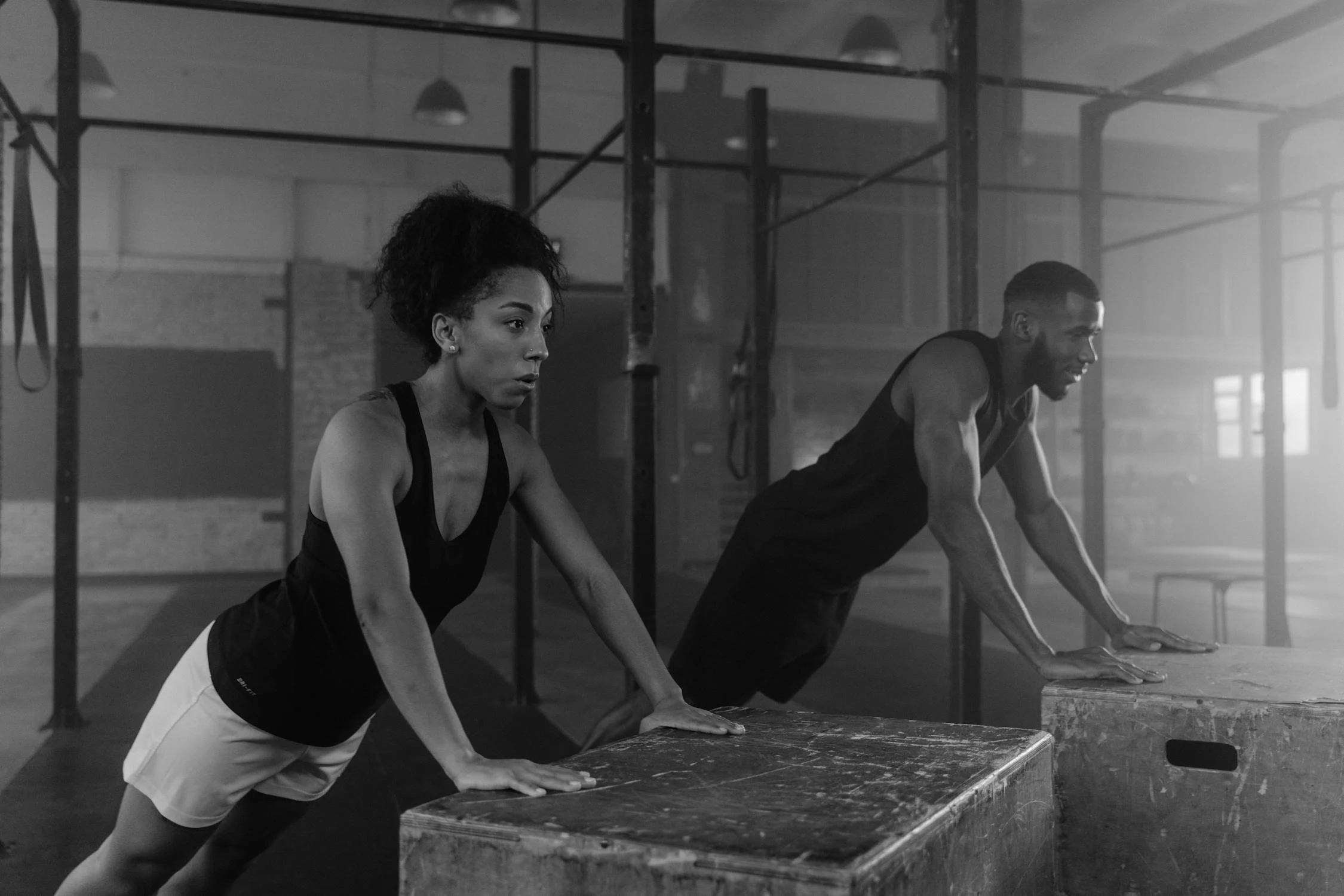 Mind
Mind
- Digital and Modern Well-being
- Mental Health and Emotional Well-being
- Mind-Body Connection and Holistic Health
- Parenting and Family
- Personal Growth and Development
- Relationships and Social Well-being
- Stress and Relaxation
- Therapeutic and Creative Practices
- Trauma and Recovery
- Work, Productivity, and Discipline
 Body
Body
 Fitness
Fitness
 Food
Food
 Beauty
Beauty
The Benefits of Breathwork for Cross-Training and Functional Fitness

You push through another set of burpees, feeling your lungs burn, heart pounding like a drum. But what if there was a way to boost endurance, enhance recovery, and improve overall performance—without lifting a single weight? Breathwork, often overlooked in the fitness world, is the missing link that can take your cross-training and functional fitness to the next level.
🏋️♂️ Why Breathwork Matters in Functional Fitness
Cross-training and functional fitness require a blend of strength, agility, endurance, and flexibility. Whether you’re powering through kettlebell swings, box jumps, or Olympic lifts, your breath plays a crucial role in energy efficiency, recovery, and focus.
When breathing is inefficient—shallow or erratic—it limits oxygen delivery, increases fatigue, and elevates stress levels. Controlled, intentional breathwork can optimise performance by improving oxygen intake, reducing lactic acid buildup, and enhancing mental clarity. It’s a game-changer for athletes, fitness enthusiasts, and even beginners looking to maximise their workouts.
🔥 5 Ways Breathwork Enhances Cross-Training and Functional Fitness
1. Boosts Oxygen Efficiency for Endurance 🫁
Best for: High-intensity circuits, endurance training, and long-duration workouts
Technique: Nasal Breathing
Breathe in and out through the nose during moderate exercise to improve CO2 tolerance.
Helps regulate oxygen levels, reducing the likelihood of early fatigue.
Trains the body to use oxygen more efficiently, leading to better stamina over time.
By training with nasal breathing, athletes develop a greater capacity to sustain effort, making workouts feel less exhausting.
2. Enhances Core Stability and Strength 💪
Best for: Heavy lifting, squats, deadlifts, and overhead presses
Technique: Diaphragmatic Breathing (Belly Breathing)
Engage the diaphragm by breathing deep into the belly rather than shallow chest breathing.
Increases intra-abdominal pressure, stabilising the core during lifts.
Reduces the risk of injury by creating a solid foundation for heavy movements.
Breathwork isn’t just about endurance; it’s about creating power from within.
3. Improves Recovery and Reduces Muscle Fatigue ⚡
Best for: Post-workout recovery, cooldowns, and reducing soreness
Technique: 4-6 Breathing (Extended Exhale)
Inhale through the nose for 4 seconds, exhale through the mouth for 6 seconds.
Activates the parasympathetic nervous system, promoting relaxation.
Speeds up muscle recovery by reducing cortisol and improving circulation.
A few minutes of breathwork after training can significantly improve how you feel the next day.
4. Increases Mental Focus and Reduces Stress 🧠
Best for: High-pressure workouts, competition prep, and maintaining composure under fatigue
Technique: Box Breathing
Inhale for 4 seconds, hold for 4 seconds, exhale for 4 seconds, hold for 4 seconds.
Enhances concentration and helps maintain composure under stress.
Lowers stress hormones, keeping the mind sharp and controlled.
This technique is used by elite athletes and military personnel to stay calm and focused in high-intensity scenarios.
5. Enhances Explosive Power and Speed 🚀
Best for: Sprinting, plyometrics, and high-intensity movements
Technique: Power Breathing (Fast Inhales & Strong Exhales)
Take quick, powerful inhales through the nose and forceful exhales through the mouth.
Improves oxygen delivery to fast-twitch muscle fibres.
Increases neuromuscular activation for more explosive movements.
Short bursts of power breathing can give you that extra edge when sprinting or performing dynamic movements.
🔄 Integrating Breathwork Into Your Training Routine
Breathwork doesn’t have to be complicated or time-consuming. Try adding it to your routine:
Pre-workout: Use Box Breathing to enhance focus and mental clarity.
During workouts: Maintain nasal breathing for endurance and diaphragmatic breathing for lifts.
Post-workout: Use 4-6 Breathing to cool down and recover faster.
The more you incorporate these techniques, the more natural they become—and the greater the benefits you’ll experience.
🎯 Train Smarter, Not Harder
Breathwork is the secret weapon that many athletes and fitness enthusiasts are only beginning to tap into. By training your breath just as you train your muscles, you can enhance endurance, strength, recovery, and mental focus—all without adding extra reps or sets. So next time you step onto the gym floor, remember: mastering your breath might just be the key to unlocking your peak performance.
